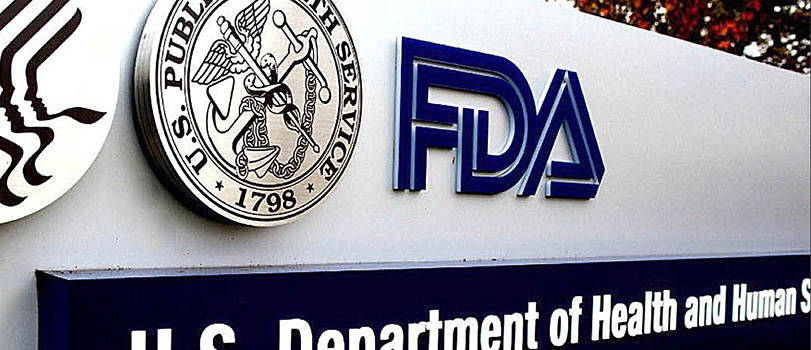FDA Proposes Revisions to GRAS Information Collection; House Bill Proposes Mandatory GRAS Notifications

On August 26, 2025, the U.S. Food and Drug Administration (FDA) submitted a proposed collection of information to the Office of Management and Budget (OMB) related to the notification process for Generally Recognized as Safe (GRAS) substances. The proposal incorporates new burden estimates tied to FDA’s 2022 guidance document, Best Practices for Convening a GRAS Panel.
As background, on August 17, 2016, FDA published a final regulation establishing the current voluntary notification procedure for GRAS substances. Some companies that submit GRAS notifications voluntarily use expert panels to review their GRAS conclusion. (For information on the history of the GRAS program, see the Packaginglaw.com article, The Final GRAS Regulation: Putting the Voluntary Notification Procedure in Place.)
In the proposal, FDA provided updated burden estimates for the use of expert panels across three categories: (1) reporting; (2) recordkeeping; and (3) third-party disclosures. Notably, FDA reduced its estimate for animal food GRAS submissions from 25 to 12 respondents annually, lowering the associated costs by over 2,200 hours. FDA also decreased the estimated time required to maintain written GRAS panel policies from 40 hours to 2 hours per year.
The deadline for the public to submit comments is September 25, 2025.
Earlier in the month, on August 12, 2025, Rep. Frank Pallone (D-NJ) introduced H.R. 4958, the Grocery Reform and Safety Act (GRAS Act), which would remove the exemption for self-determined GRAS substances under the Federal Food, Drug, and Cosmetic Act. The bill would require companies to notify FDA prior to marketing a GRAS substance and submit publicly available supporting data, including cumulative effects, applicable safety factors, and toxicological information.
Notably, H.R. 4950 would fund reviews of GRAS submissions through new user fees for food manufacturers. The bill also directs FDA to reassess at least 10 food substances every three years. As of publication, the bill has been referred to the House Committee on Energy and Commerce.